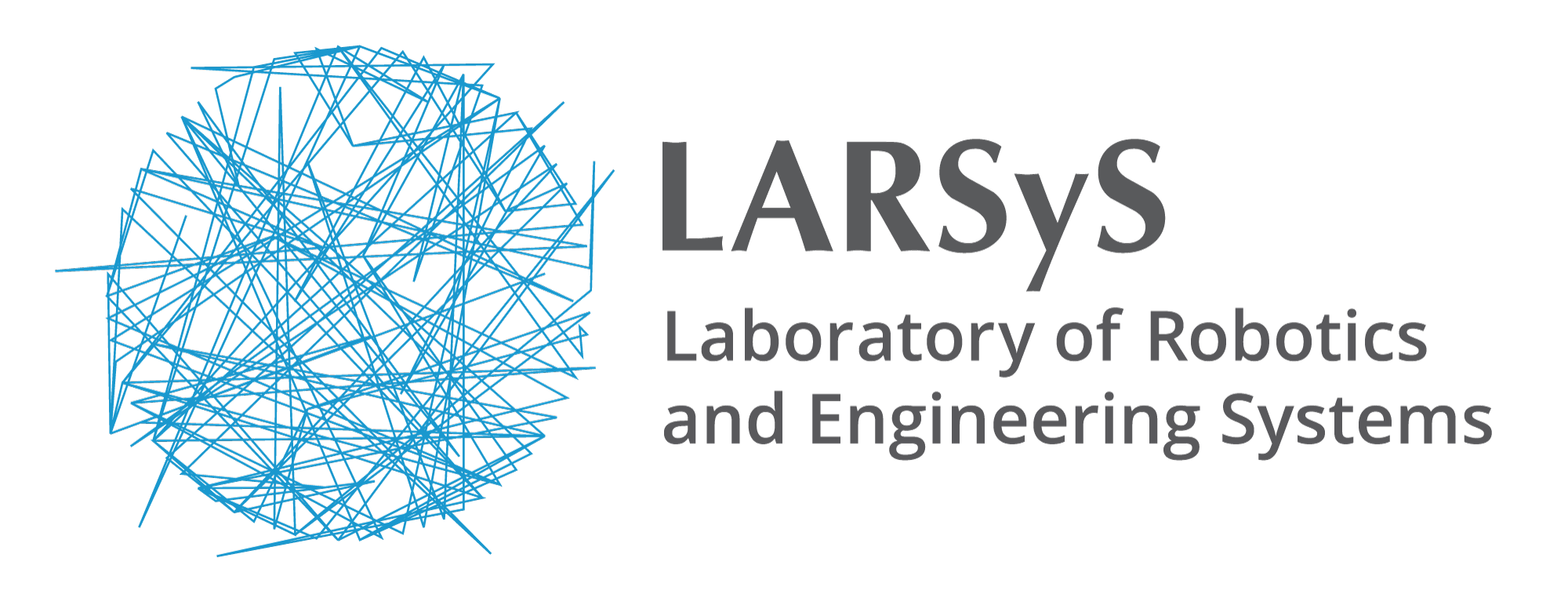The Laboratory of Thermofluids, Combustion and Energy Systems (LTCES) addresses the fundamentals of concurrent thermodynamic processes in the development of mathematical/physical models to rationalize energy conversion systems. Research builds on the renowned skills of the team in experimental thermo-fluid dynamics and has been directed to efficient burning of low calorific fuels and enhancing interfacial transport.
- The former aimed to devise efficient and low-cost co-digestion methods to maximize the energy potential of wastes, such as biogas for sustainable energy needs;
- the second considered engineered materials, surfaces and fluids to customize wetting and thermal properties for optimum performance in energy applications, such as cooling and reactive systems.
Engineered surfaces are combined with active methods of wettability control to handle micro amounts of biofluids in clinical diagnostics devices. Recent advances tackle the benefits of nanofluids for energy and biomedical applications, in view of their synthesis and stability.
LTCES holistic approach combines low-cost manufacturing techniques to design multiscale energy devices:
- Portable power generation systems based on integrated catalytic micro-combustion able to overcome the range of current batteries here engineered surfaces address non-nobles materials and foams to enhance surface catalytic reactions; metal oxide foams to capture CO2/O2 to in situ filtering fuels and/or capture emitted CO2; thermoelectric surfaces in the presence of reaction;
- Multi-micro-channel heat sinks are studied to be embedded in PV cells to increase the efficiency of high concentration photovoltaic systems and recover heat in a cogeneration configuration, making use of 3D printing techniques.
The continuing development of research skills, together with core experimental facilities and involvement of young postdocs is fundamental to foster the PhD students (MITPt, Mech Eng) to develop multidisciplinary, future and emerging technologies in an international and industrial environment.
